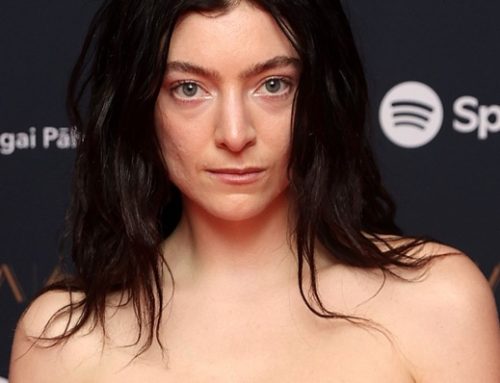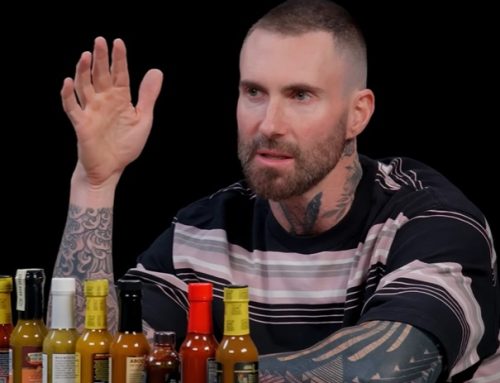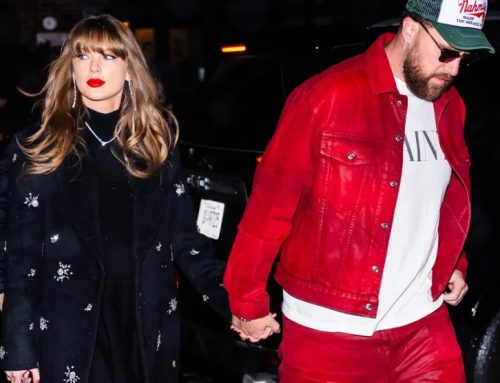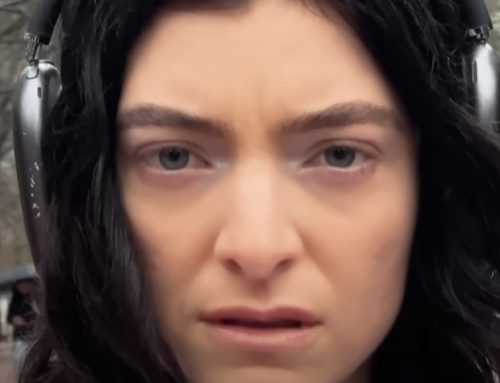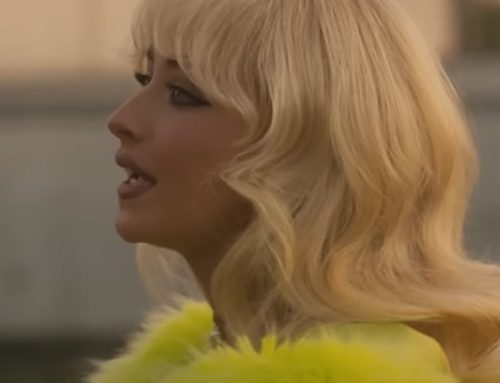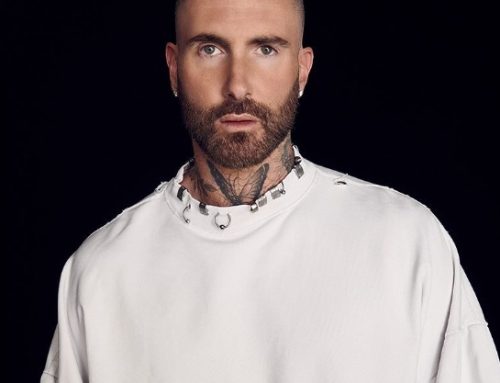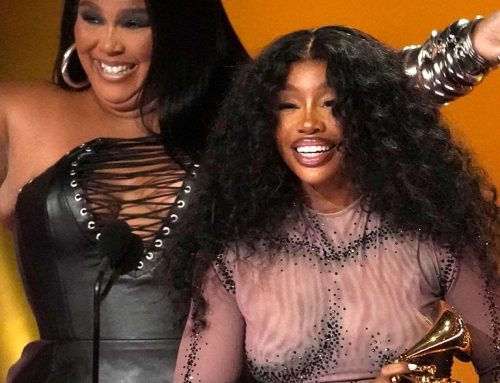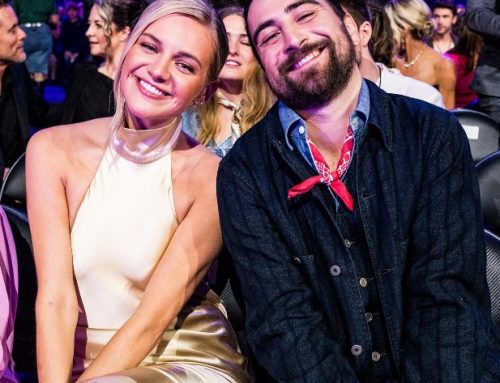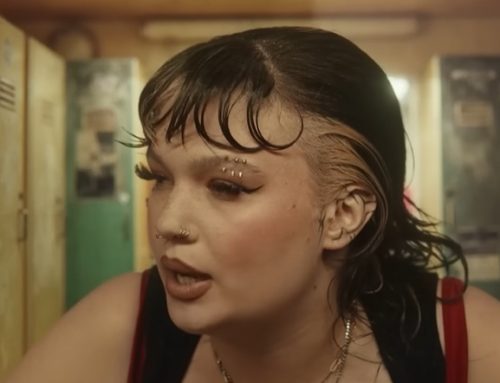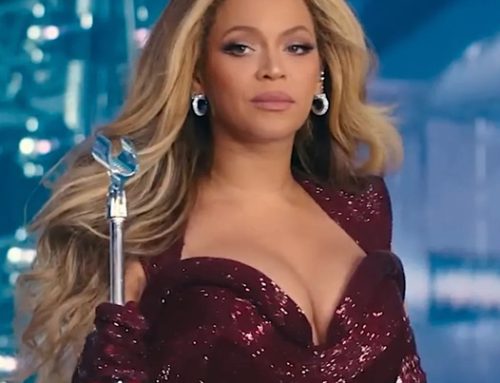Justin Bieber spoke to the controversial addition of the “MLK Interlude” in his latest album Justice, which debuted at No. 1 on the Billboard 200 this week.
While announcing his sixth studio album in late February, the pop superstar made his intentions clear about why he wanted to deliver Justice and how he was playing “a small part” in discussing what justice looks like, especially in the year following the killings of George Floyd, Breonna Taylor and many more Black Americans that fueled nationwide protests and conversations about systemic racism.
“I know that I cannot simply solve injustice by making music, but I do know that if we all do our part by using our gifts to serve this planet, and each other, that we are that much closer to being united,” he wrote on his socials. “This is me doing a small part. My part. I want to continue the conversation of what justice looks like so we can continue to heal.”
#JUSTICE the album March 19th. Pre-order now: https://t.co/VSc6FCWSVs pic.twitter.com/MpYt7jKeYd
— Justin Bieber (@justinbieber) February 26, 2021
Justice continued Bieber’s successful streak when he secured his eighth No. 1 LP and “Peaches,” featuring Daniel Caesar and Giveon, debuted at No. 1 on the Billboard Hot 100, making him the first solo male artist to debut at the top of both charts simultaneously.
Kristal Terrell, one of the co-founders of Bieber Nation, the first JB-dedicated club on Clubhouse, asked Bieber himself in his first-ever Clubhouse room on Tuesday (March 30) about how he believed music could continue to play a role in social advocacy. But the 27-year-old singer took a minute to reflect on the part of the album that speaks volumes to what Bieber believes to be a profound example of someone who would die for what they stand for — but it was also a part of the album he discovered online that music critics didn’t understand how it fit.
“Being Canadian,… they didn’t teach us about Black history. It was just not a part of our education system,” he told the nearly 8,000 people in the Clubhouse room. “I think for me, coming from Canada and being uneducated and making insensitive jokes when I was a kid and being insensitive and being honestly just a part of the problem because I just didn’t know better. For me to have this platform to just share this raw moment of Martin Luther King in a time where he knew he was going to die for what he was standing up for.”
Bieber paraphrased the first line of the nearly 2-minute audio clip from Reverend Dr. Martin Luther King, Jr.’s “But If Not” sermon that he gave at the Ebenezer Baptist Church in Atlanta, Georgia in November 1967: “I say to you this morning, that if you have never found something so dear and so precious to you that you will die for it, then you aren’t fit to live.” But for the singer, he said he was willing to endure “as much hate by putting that on the album” for the bigger purpose it serves in speaking to what justice looks like.
He later rejected the common critique that he was attempting to be a “white savior” trying to solve injustices simply by making Justice, but that the purpose of including MLKJ’s sermon in his album was to “amplify” the late civil rights leader’s “incredibly, touching speech.” MLKJ’s words also open the entire album, with the first five seconds of “2 Much” pulling fuzzy audio of him reciting “Injustice anywhere is a threat to justice everywhere” from his infamous April 1963 “Letter from Birmingham Jail.” Other music critics also ridiculed his decision to place the “MLK Interlude” directly before his Dominic Fike-assisted “Die For You,” a love song to his wife Hailey Bieber, but the singer clarifies that he’s in no way trying to compare MLKJ’s willingness to die for justice everywhere to his own willingness to die for his significant other.
“I want to keep growing and learning about just all social injustices and what it looks like for me to be better, what it looks like for my friends to be better. And I know I have a long way to go. I love that when people are listening to my album, these conversations are coming up and they’re like, ‘Well, how is he going from Martin Luther King into a love song?'” he said. “I’m not trying to make a connection between me and Martin Luther King. That’s why I never try to talk about social injustice or I didn’t want to be the one to talk about it because I just have so much more learning to do. But I have this man who was ready to die and what he believed to be true. If I’m not willing to face some sort of ridicule or judgment of people wondering my motives or whatever that is, for me, it was a no brainer.”
Bieber’s security Lauren Walters later commented that as a Black man, he found it “very admirable” that the global sensation chose to bring awareness to “something that’s been going on in America for decades, centuries.” Walters also noted that adding the “MLK Interlude” was very important to him and his friends and family, especially because of the album’s charitable donations to The King Center as well as other organizations “that embody what justice looks like in action,” which he announced on Twitter mid-March shortly before releasing Justice. MLKJ’s daughter Bernice King eventually thanked Bieber for his support.
“For you to be the No. 1 pop star in the world to talk about these issues, it’s important,” Walters added.
Each of us, including artists and entertainers, can do something.
Thank you, @justinbieber, for your support, in honor of #Justice, of @TheKingCenter’s work and of our #BeLove campaign, which is a part of our global movement for justice. #MLK #EndRacism https://t.co/nTkR1XdcvW
— Be A King (@BerniceKing) March 18, 2021







